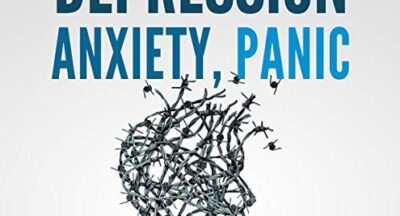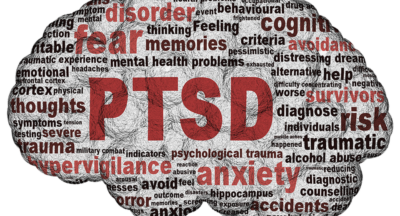
Power of meditation: Can meditation help you reduce the symptoms of anxiety and what are the long term benefits of such a practice?
Meditation has emerged as a powerful tool in managing and reducing the symptoms of anxiety. At its core, anxiety often stems from the mind’s tendency to ruminate on past events or worry about the future, leading to heightened stress levels and a sense of unease. Through regular meditation practice, individuals learn to cultivate present-moment awareness, gently guiding their attention away from intrusive thoughts and towards the sensations of the here and now.
One of the key mechanisms through which meditation mitigates anxiety is by inducing a state of relaxation and calmness. By focusing on the breath or a specific point of attention, practitioners engage in deep, diaphragmatic breathing, activating the body’s relaxation response and counteracting the physiological arousal associated with anxiety. This deliberate shift in focus helps to interrupt the cycle of anxious thoughts and bodily tension, promoting a sense of tranquility and ease.
Moreover, meditation encourages individuals to develop a non-judgmental attitude towards their thoughts and emotions. Rather than becoming entangled in the content of their anxious thoughts, practitioners learn to observe them with a sense of detachment and curiosity. This mindful awareness allows individuals to recognize their thoughts as transient mental events, rather than rigid representations of reality. By creating space between themselves and their anxious thoughts, individuals develop greater resilience and emotional regulation, reducing the intensity and frequency of anxiety symptoms.
Beyond its immediate calming effects, the long-term benefits of meditation for anxiety are profound and multifaceted. Through consistent practice, individuals cultivate greater self-awareness and insight into the underlying patterns and triggers of their anxiety. By becoming attuned to the early warning signs of anxiety, practitioners can intervene proactively, implementing coping strategies and relaxation techniques before symptoms escalate.
Furthermore, meditation fosters a sense of inner peace and equanimity that transcends the fluctuations of external circumstances. As individuals deepen their meditation practice, they develop a heightened capacity to navigate life’s challenges with grace and resilience. Rather than becoming overwhelmed by stressors or setbacks, practitioners learn to respond with greater clarity, compassion, and perspective.
Importantly, the benefits of meditation extend beyond the realm of mental health, exerting positive effects on physical well-being as well. Research has shown that regular meditation practice is associated with reduced inflammation, improved immune function, and lower blood pressure—all of which contribute to overall resilience and vitality.
In essence, meditation offers a holistic approach to anxiety management, addressing its psychological, emotional, and physiological dimensions. By fostering present-moment awareness, cultivating self-compassion, and promoting physiological relaxation, meditation empowers individuals to break free from the grip of anxiety and cultivate a deeper sense of well-being and fulfillment in their lives.

dr.dan
Related Posts
You Should Know These Anxiety Disorder Facts !
Anxiety disorders are common when people confront what is happening or hear news....
Key strategies to maintaining proper mental health when being a caregiver: Anxiety can hit you at anytime, anywhere and frequently!
Adult caregivers exemplify remarkable selflessness in their commitment to...
The many faces of Trauma: The many strategies in building coping skills for trauma triggers. Not ONE solution fits all!
Trauma can have a profound and lasting impact on an individual’s mental,...
Some of the many facets of anxiety: Understanding “avoidance behaviors” from those who practice it daily and the ways to work with their anxiety.
Avoidance behavior (A.B) is a common but often misunderstood response to...




